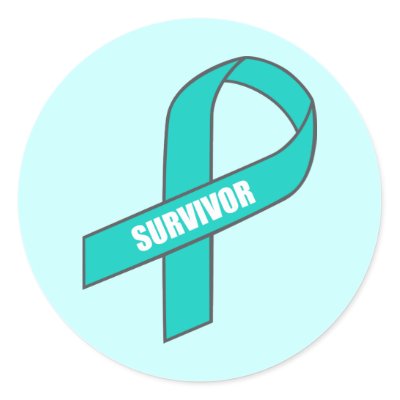Part of your vow when donning a white feather in support of The Order of the White Feather is to question the accused, if you question anyone. It is fine to wear a white feather in solidarity, letting victims and survivors know you are a safe person to talk to, that you WILL BELIEVE THEM, no matter who they name. However, if you’d like to find out more about the incident, you also vow to ask the accused, not the victim.
It is inevitable that someone you like, love, and/or respect will be accused, and that’s when it becomes hard. Remember that you don’t really know that person, no matter how much you think you do. Still, this is not about condemnation, this is about questioning them and seeing how they respond. This is about putting the burden onto the accused rather than further traumatizing the victim with questions.
Here are a few sample questions to ask the accused:
- What happened?
- Why were you pursuing/touching/having sex with her/him when s/he clearly wasn’t interested and/or said “no”?
- Why didn’t you listen to their “no” the first time?
- Why didn’t you wait for a “yes”?
- What are you going to do to make this better? To care for this traumatized person?
- Are you willing to do what the victim needs in order for her to feel safe/heard? For how long?
- Are you willing to make amends/take responsibility for your actions?
Depending on their answers to these and other such questions, the community will decide whether or not the accused will remain welcome in the community. If they respond defensively, throwing out accusations of the accuser being “crazy” or “vindictive” or something similar, then they’re out, I’d say. They’re derailing the conversation instead of speaking to events.
If they say things like “I’d never do such a thing,” they’re still derailing the conversation and not speaking to events.
If they acknowledge that the victim has obviously been traumatized and seriously respond to the accusation by addressing events, if they are willing to make amends and do what is necessary to help the victim heal and feel safe, then you’re dealing with someone who has integrity. If the accused does this in front of his community, he will see the true power of responsibility and be more respected than ever. The victim will feel heard and validated and believed, which will facilitate her healing. The community will be stronger because of it as well.
ACCOUNTABILITY PROCESS
The accountability process might be different for different sects of a community, but it would likely include the following:
- acknowledgment and acceptance of responsibility of actions that caused trauma, intended or not
- willingness to make amends and do what the victim asks to feel safe, this is usually staying away from certain parties or events that the victim will be present at for a set amount of time
- full disclosure to future relationships that he’s had trouble with violence, boundaries, aggression, or respect in the past
- an act or acts of good faith, like helping pay for therapy, going to therapy themselves, and/or making some kind of public and/or private apology along with their plan to “work on their shit”
Further reading:

